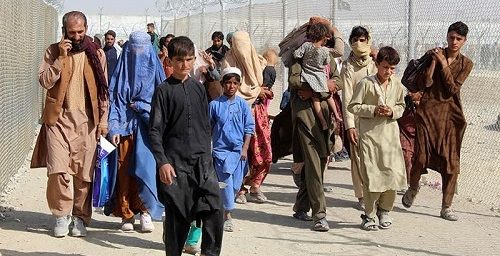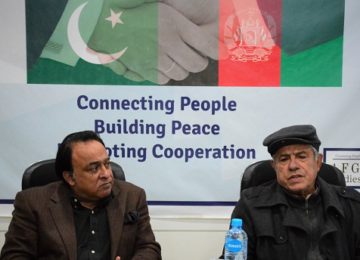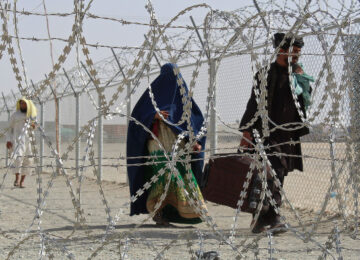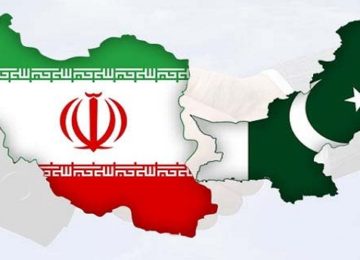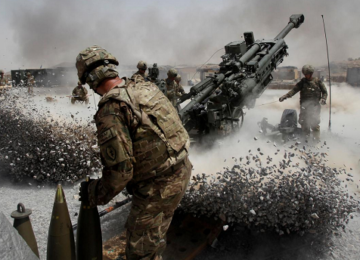October 27, 2021
To eliminate the border disruptions affecting trade and regular population movements across Pak-Afghan border, the Pakistani government recently announced initiatives like visa relations, on-arrival visas etc., to ease the movement of people and goods through official border points with Afghanistan. The efforts were welcomed by the UN Refugee Agency, UNHCR in a press briefing held on Tuesday.
The impending disruptions had left many Afghans, including women, children and those needing urgent medical attention, stranded for weeks at the Chaman-Spin Boldak crossing between the two countries, which remained closed for the past three weeks.
The steps taken by Pakistani authorities are expected to help in reducing fears and risks in the minds of travelers especially about being pushed into the hands of human smugglers and traffickers, which lead to deadly consequences.
UNHCR spokesperson, Babar Baloch, stated that almost 700,000 Afghans have been internally displaced by the conflict this year – with some 3.5 million people in total uprooted throughout the country. An estimated 150,000 formerly displaced Afghans have also returned to their places of origin in 2021, but the situation inside the country remains dire.
Lauding Iran and Pakistan for collectively hosting around 90 per cent of all Afghan refugees worldwide for more than four decades, he pressed the international community to extend their support to Afghanistan, as it is urgently needed to allow continued protection for more than 1.4 million registered Afghan refugees already in Pakistan, and nearly 800,000 in Iran. He also mentioned that both the countries also host a large population of unregistered Afghans. UNHCR called on Afghanistan’s neighboring countries to continue extending protection for those seeking safety.
Though UNHCR is delivering the much-needed humanitarian assistance to displaced Afghans within Afghanistan. Nearly half a million people have received UNHCR assistance so far this year including tents, emergency shelter kits, food rations, blankets, kitchen sets, stoves, solar panels, solar lanterns, insulation kits, cash for the most vulnerable, and other aid items and is also arranging further airlifts of humanitarian supplies into Afghanistan in addition to the three flights that recently landed in Termez, Uzbekistan, the help of international community is required to help the Afghan refugees residing outside Afghanistan.
Mr. Babar also added that, as UNHCR continues to scale up its humanitarian response, more resources are urgently needed ahead of the harsh winter months.
In addition to emergency relief for the displaced, UNHCR is also working in communities where former refugees have returned by investing in infrastructure including, education, health, livelihoods and shelter.
On behalf of UNHCR, he appealed to the international community to urgently increase financial contributions to displaced Afghans both within and outside the country, who remain extremely vulnerable and desperately require support to survive the coming winter.
© Center for Research and Security Studies (CRSS) and Afghan Studies Center (ASC), Islamabad.



